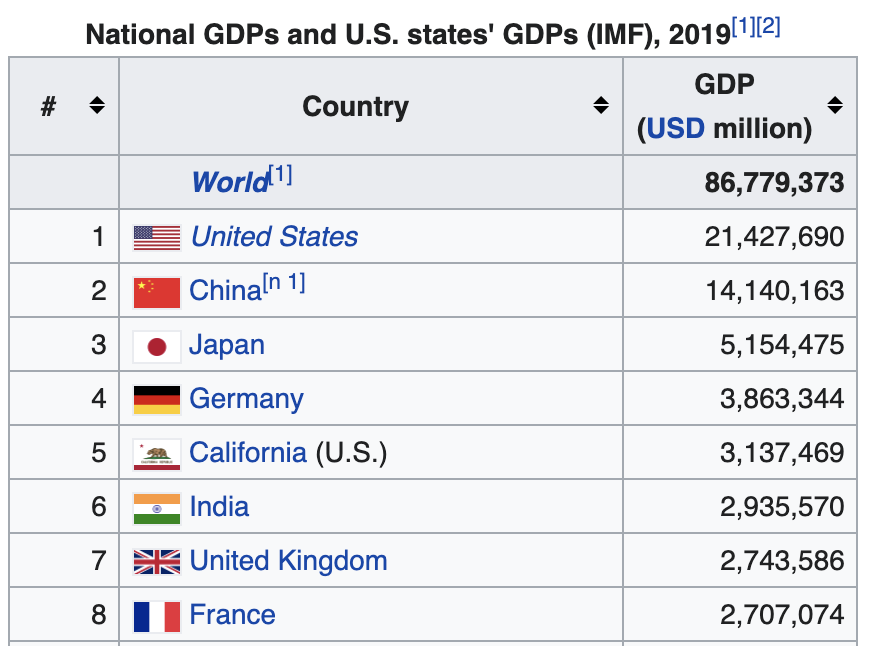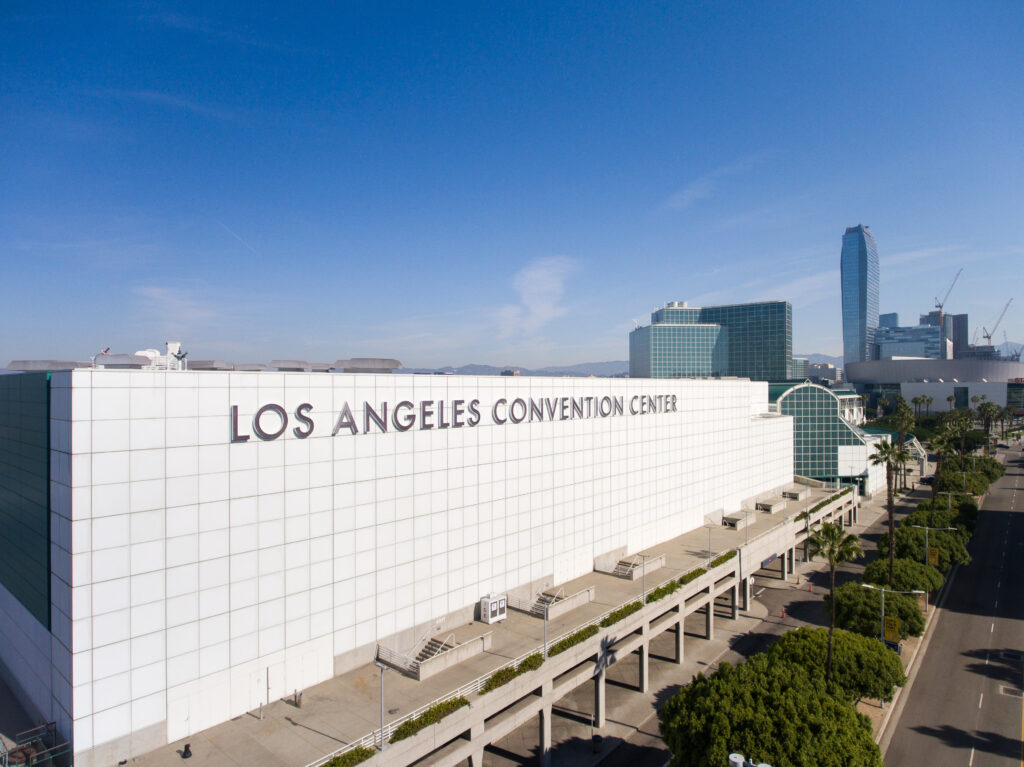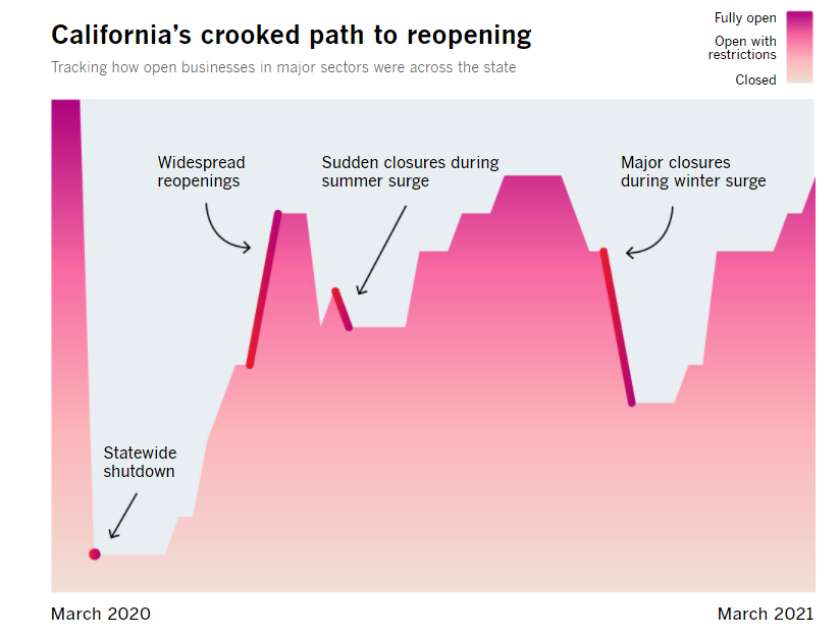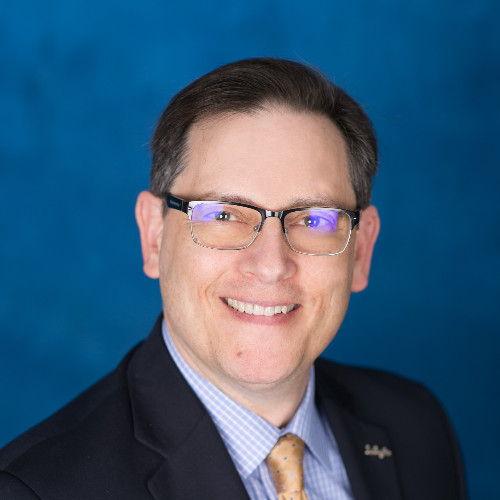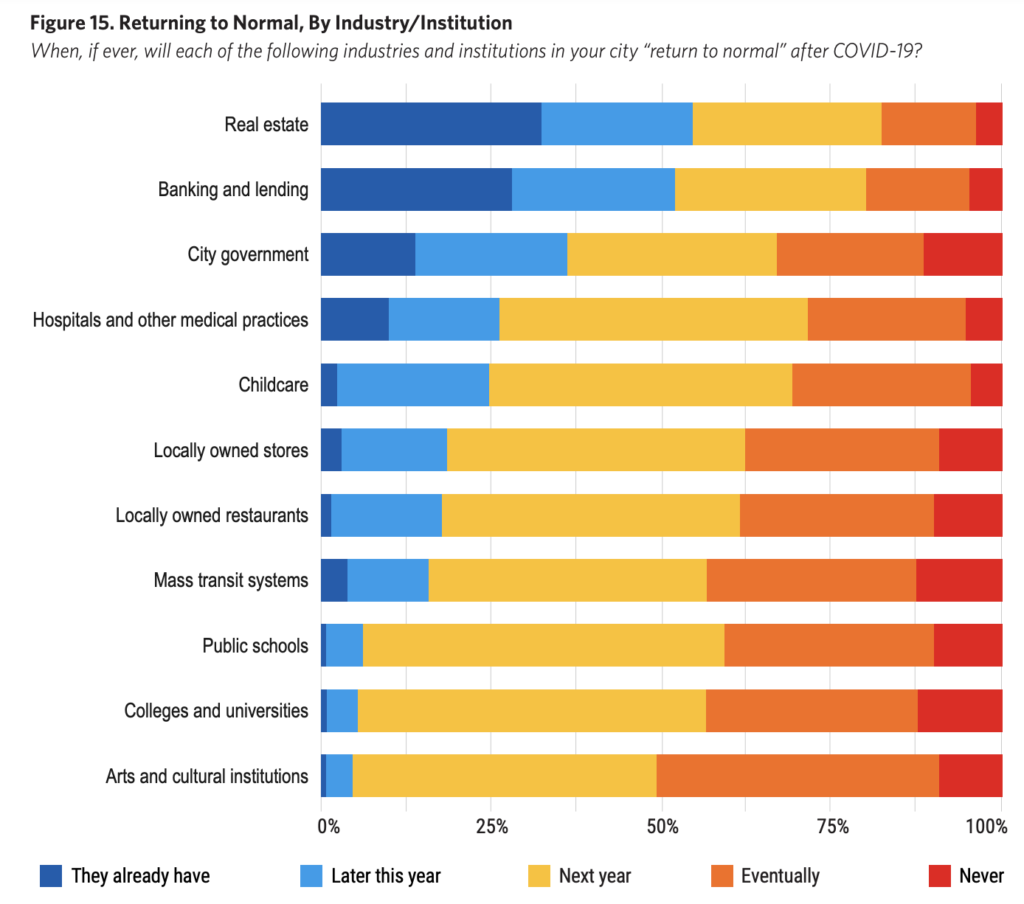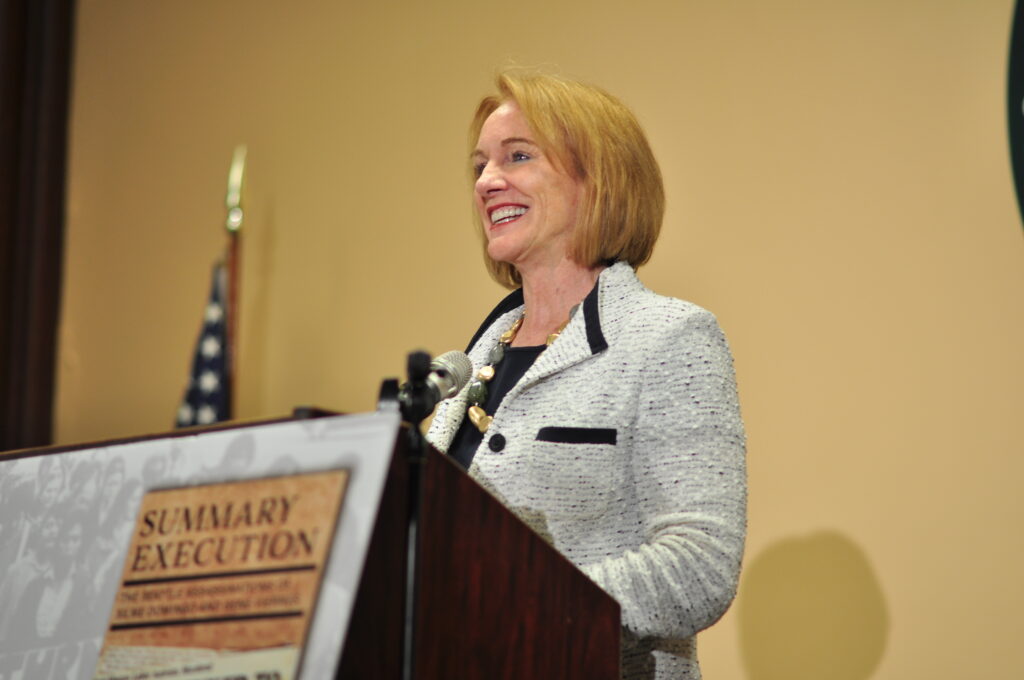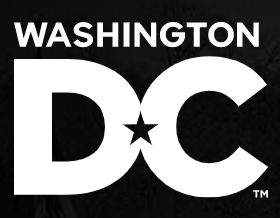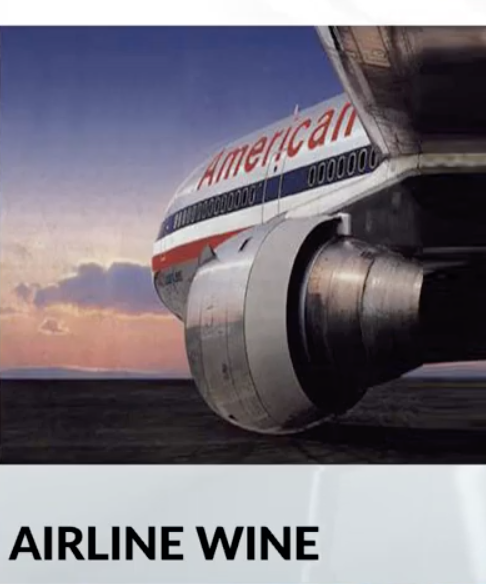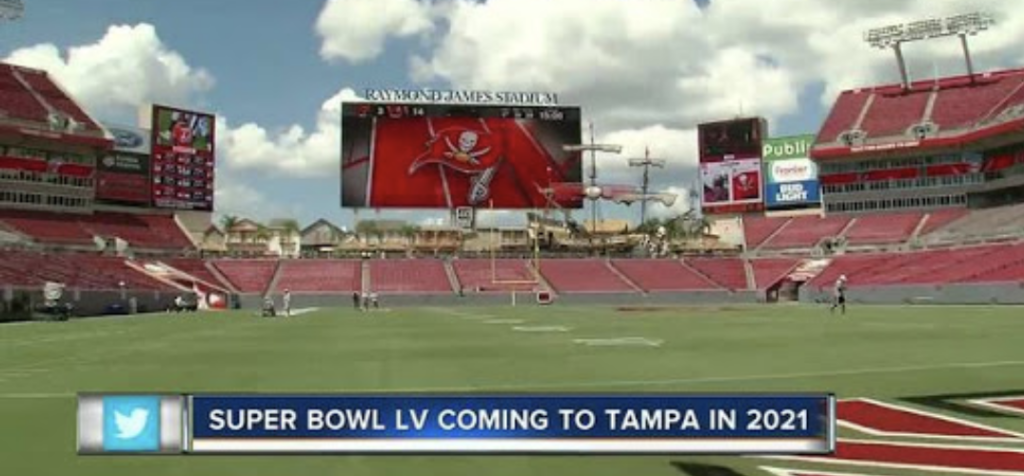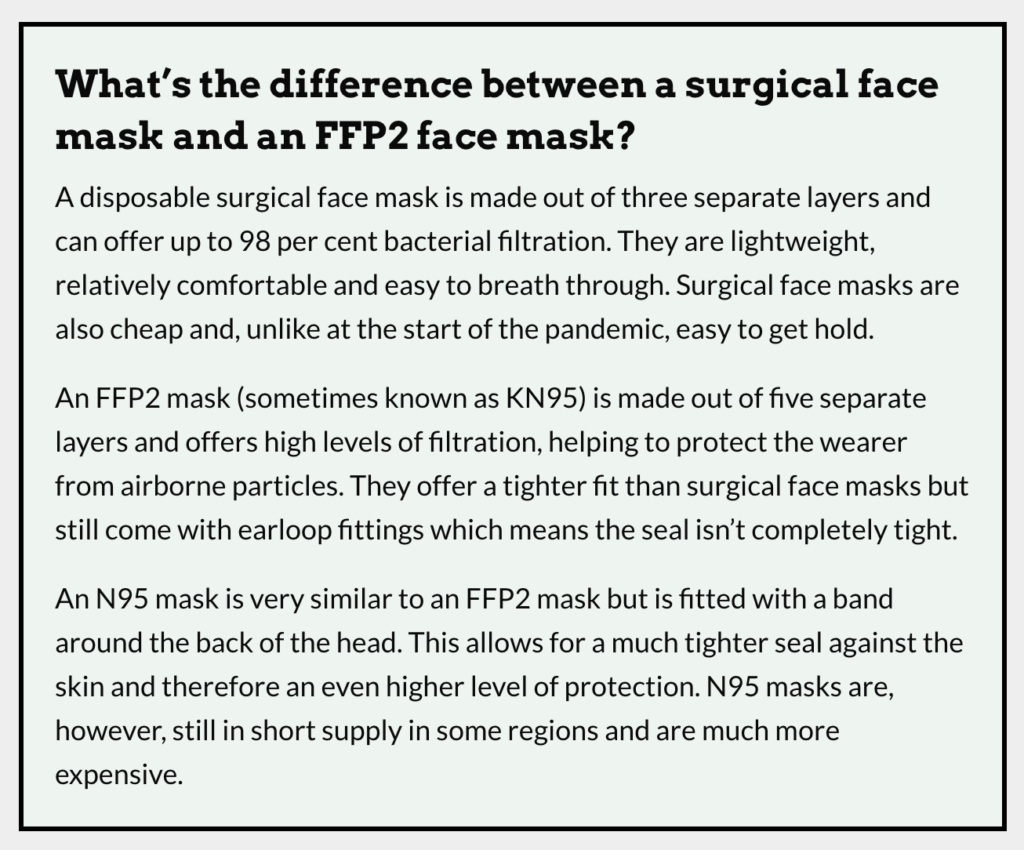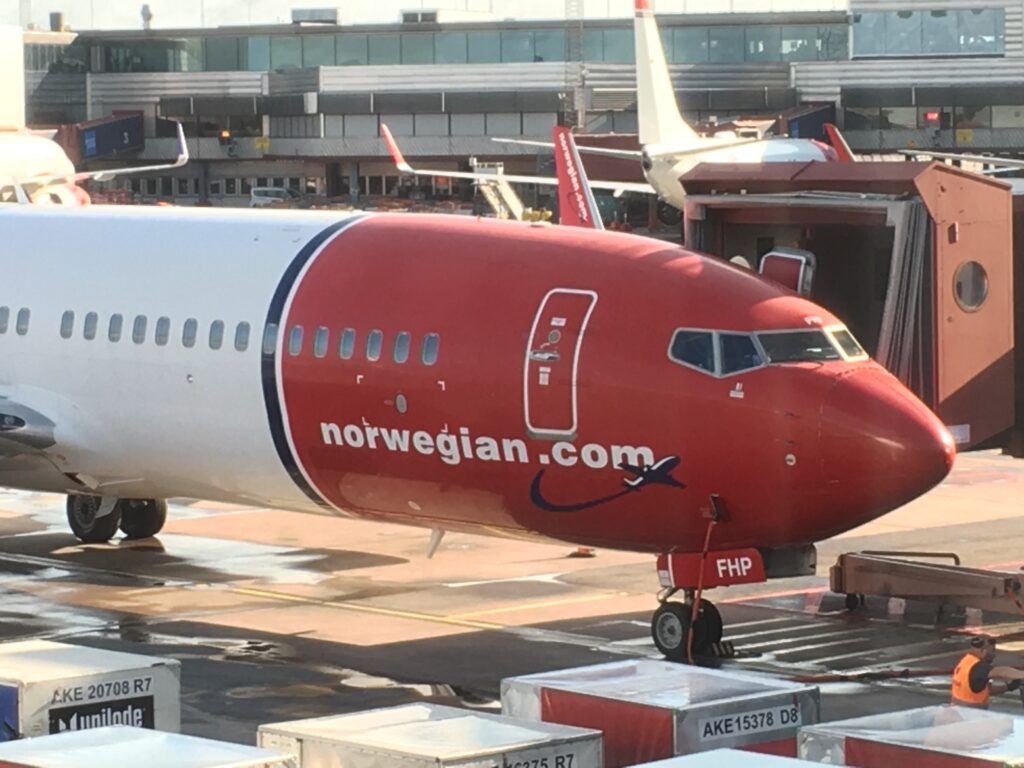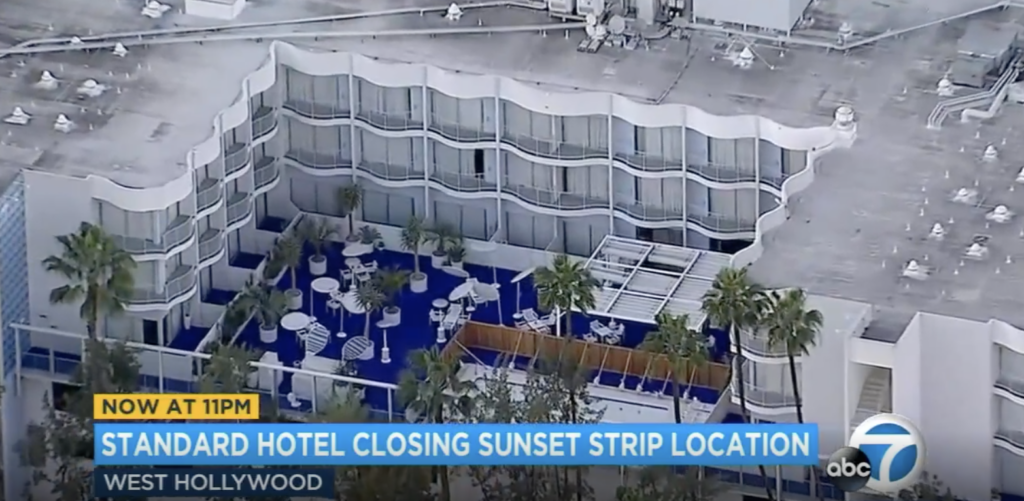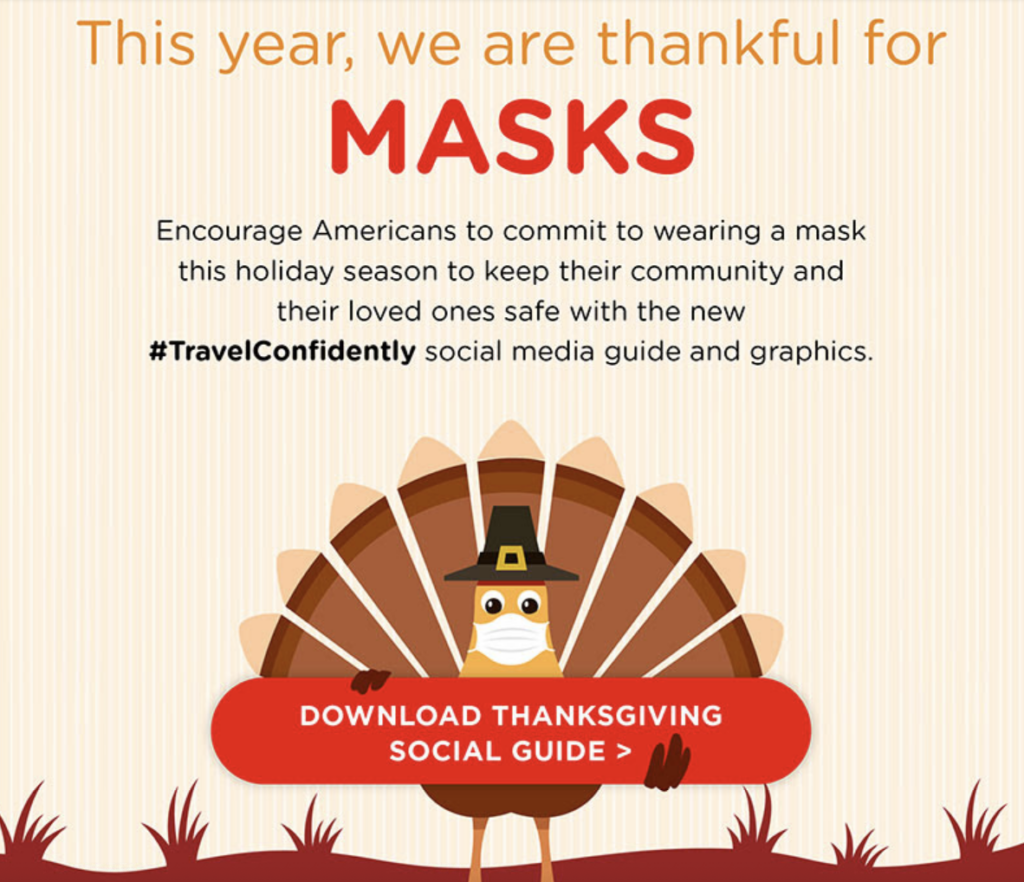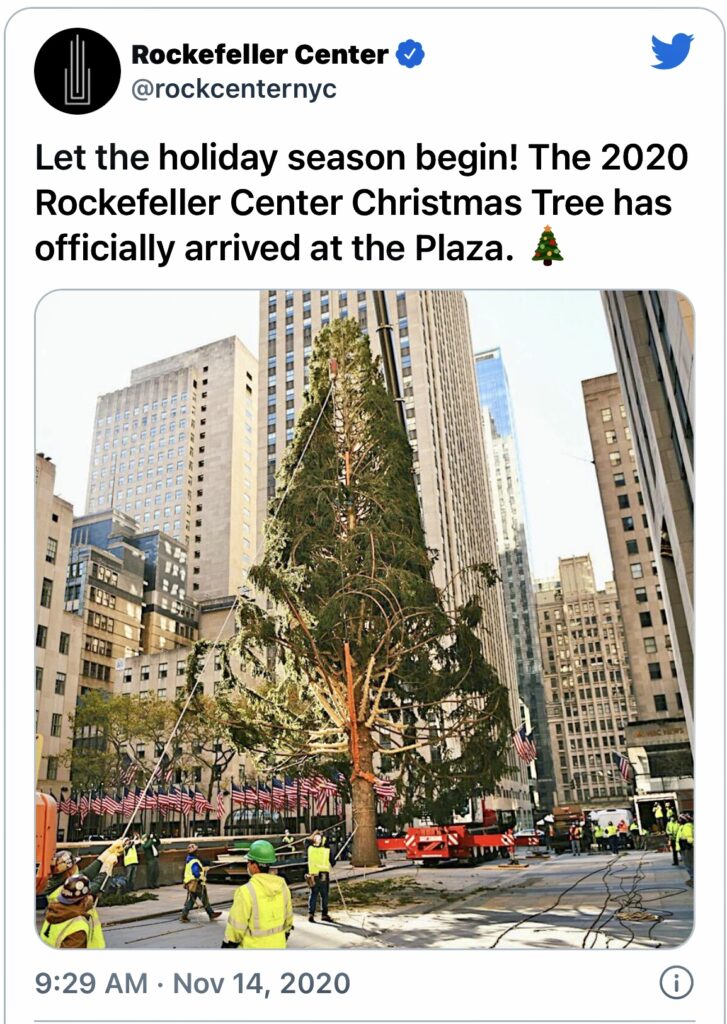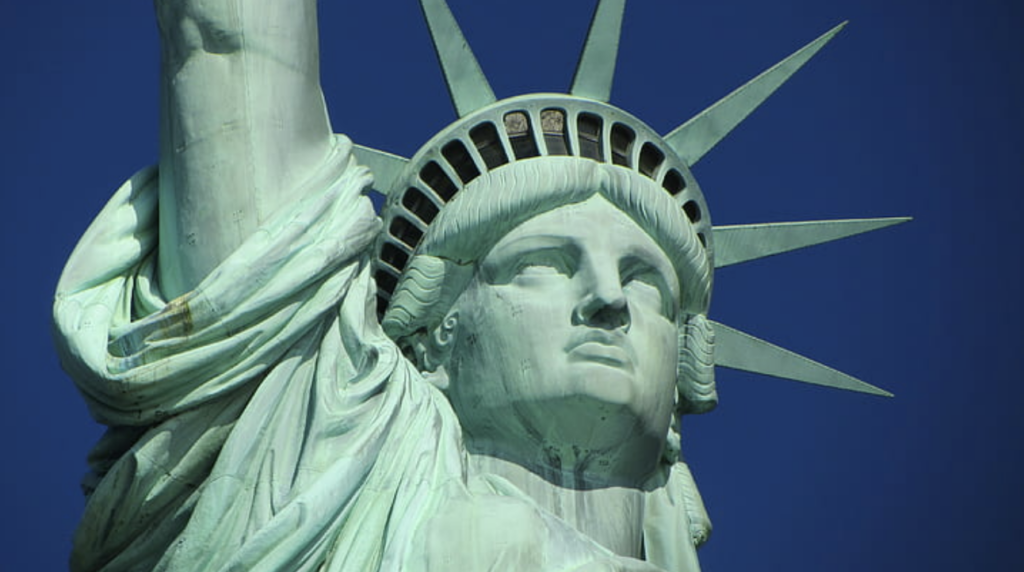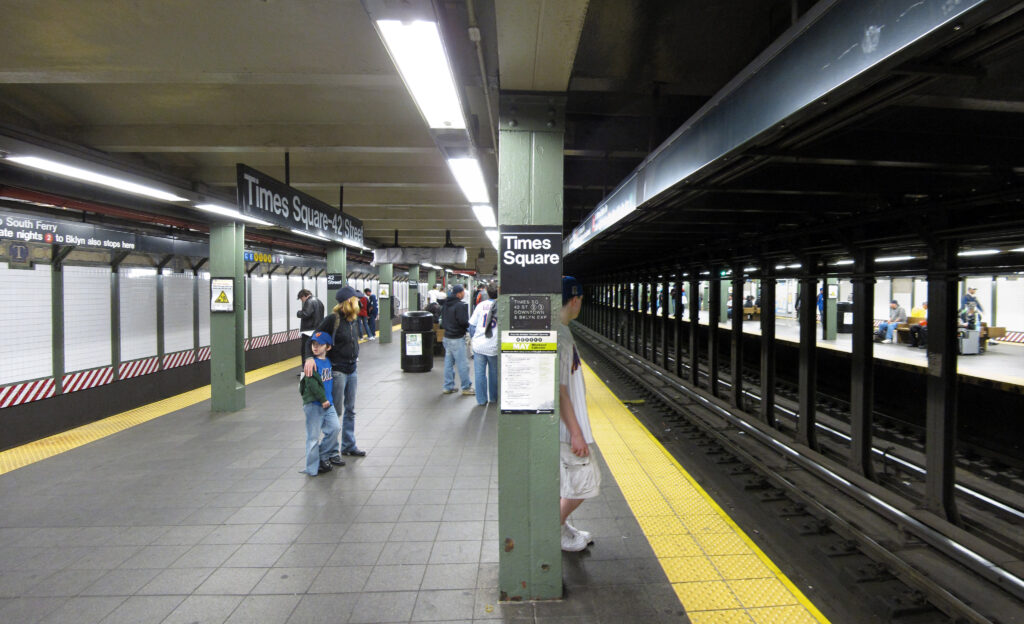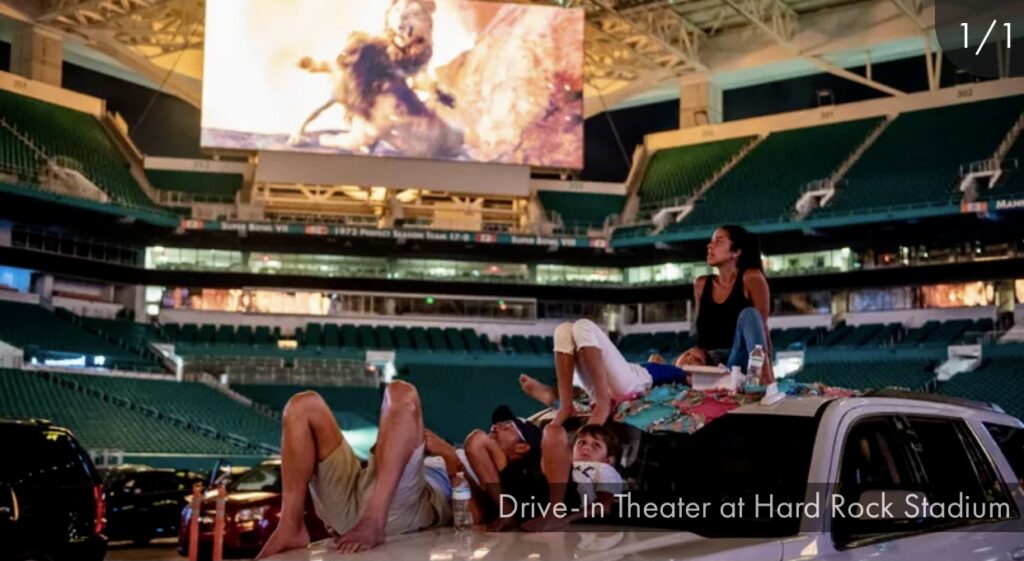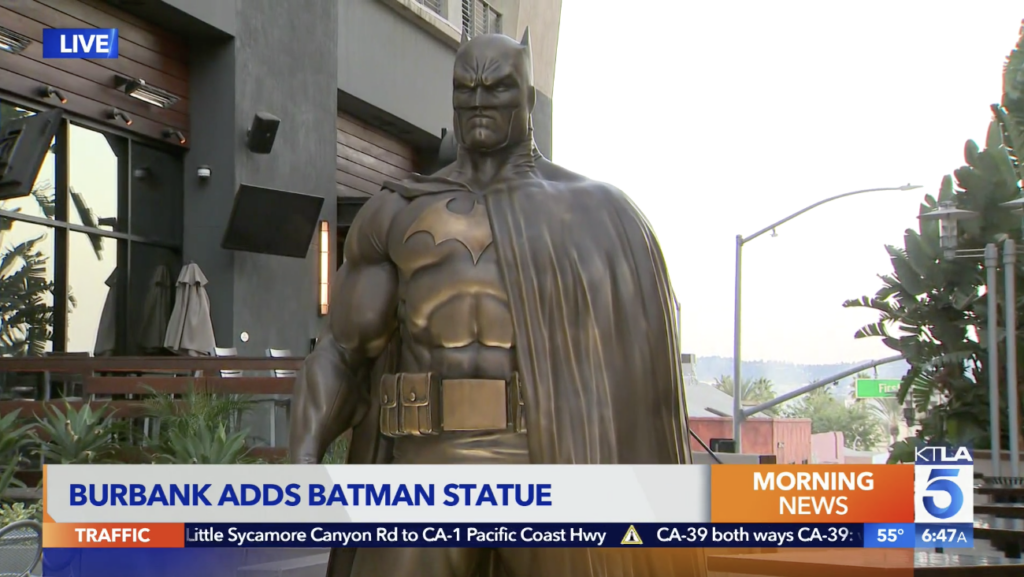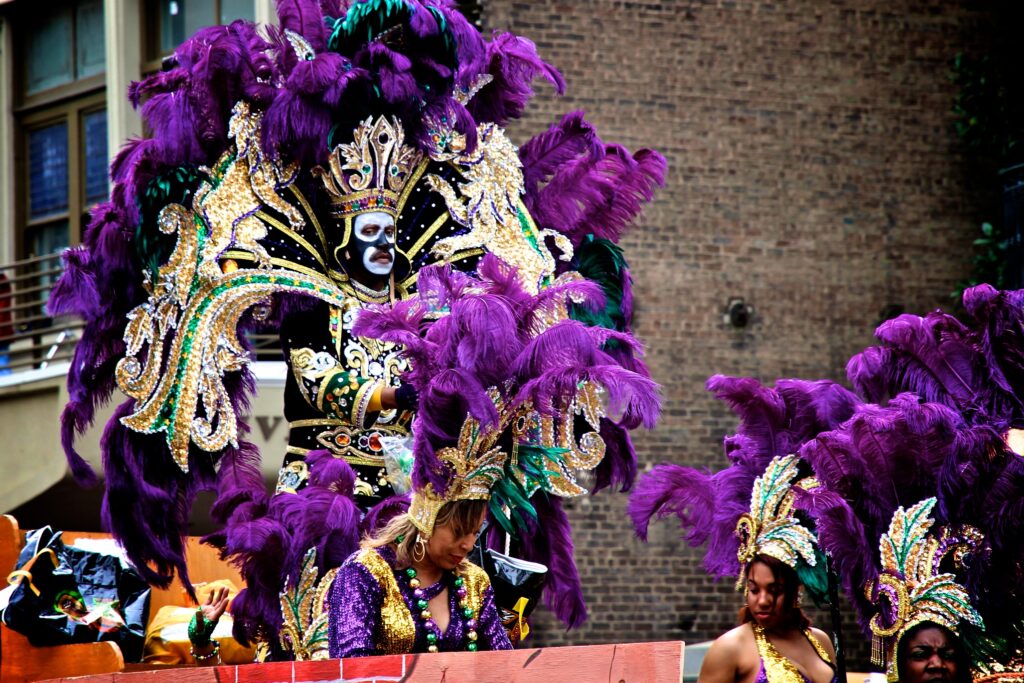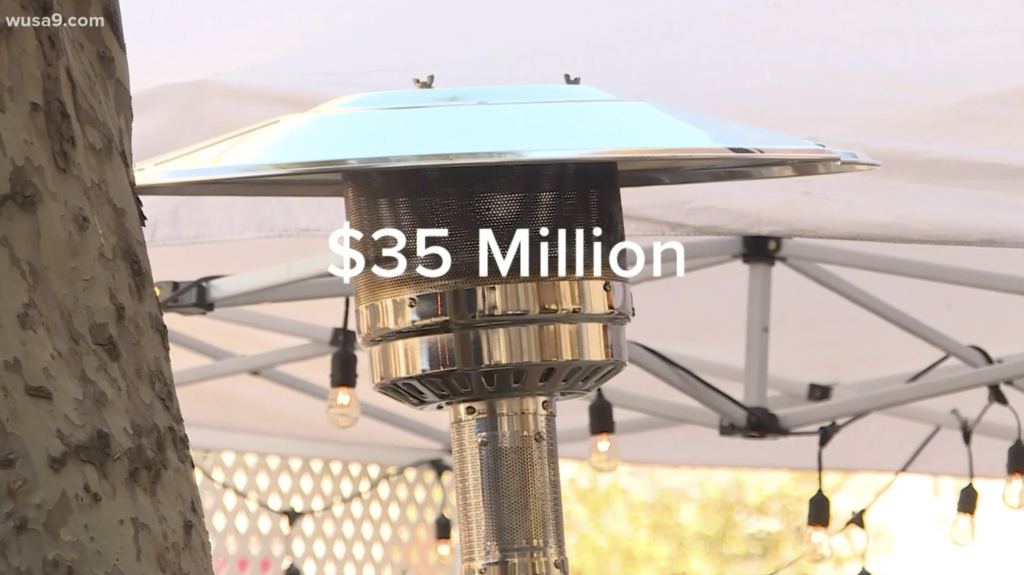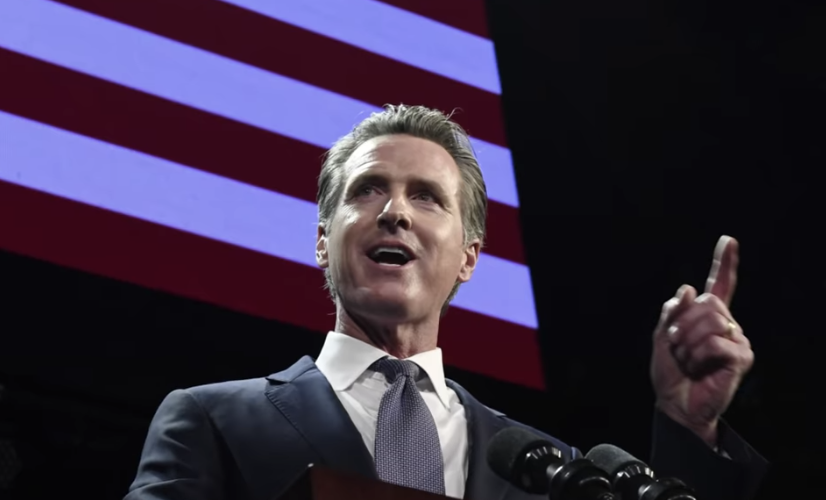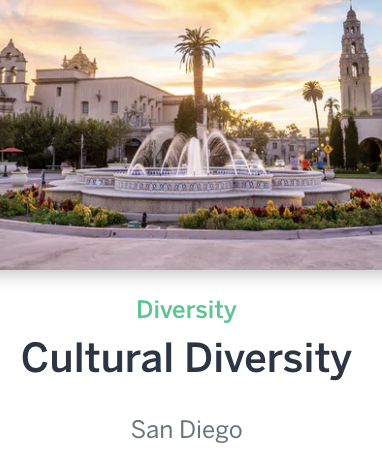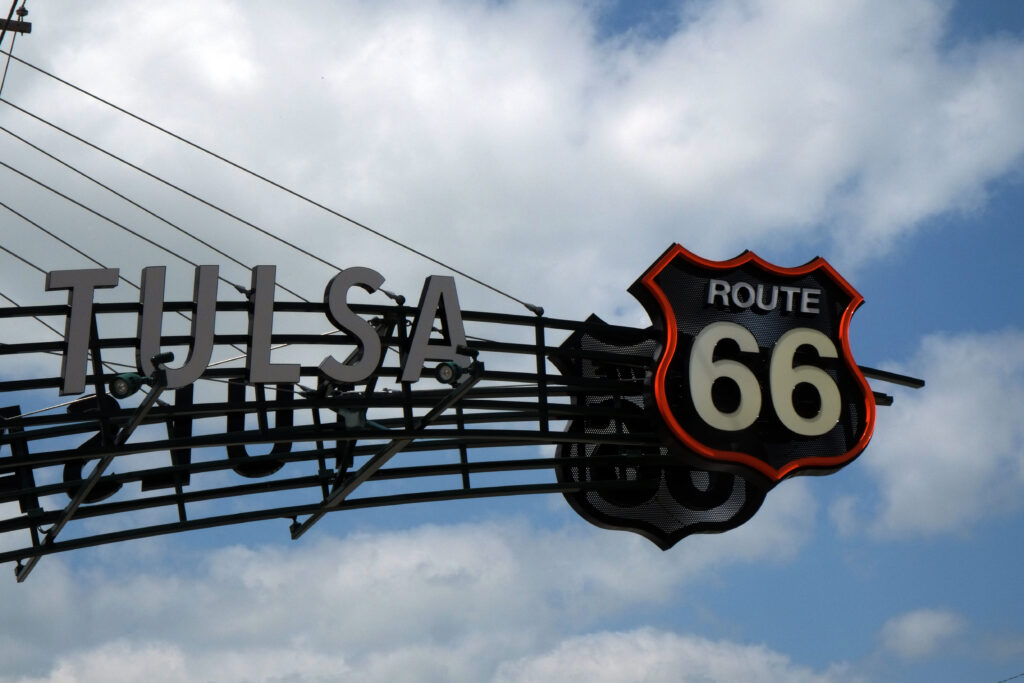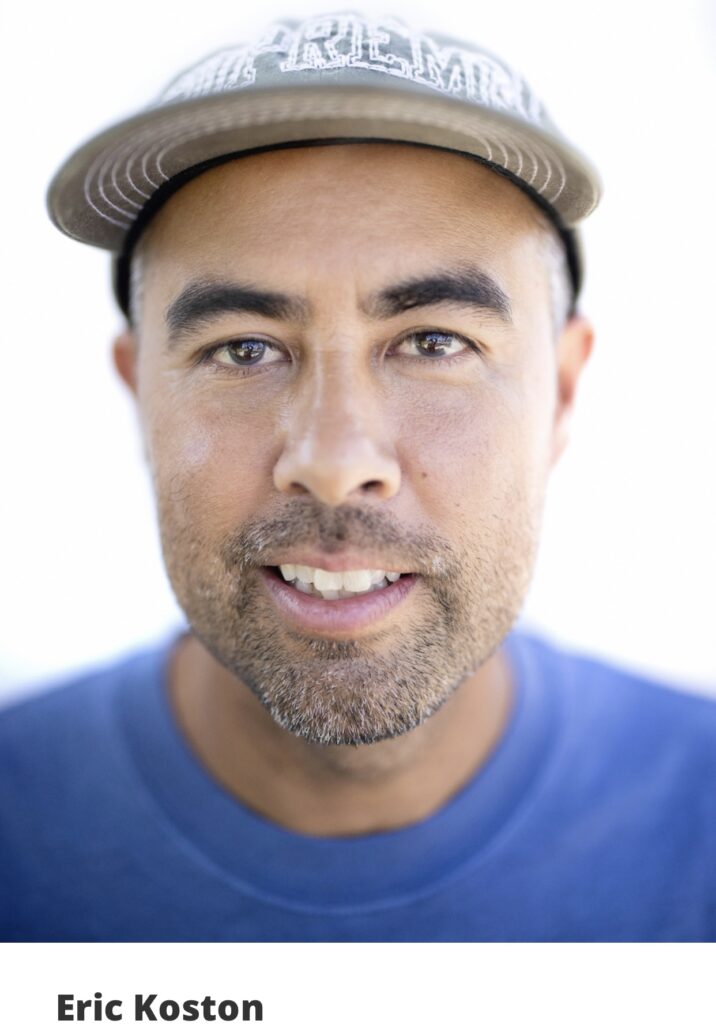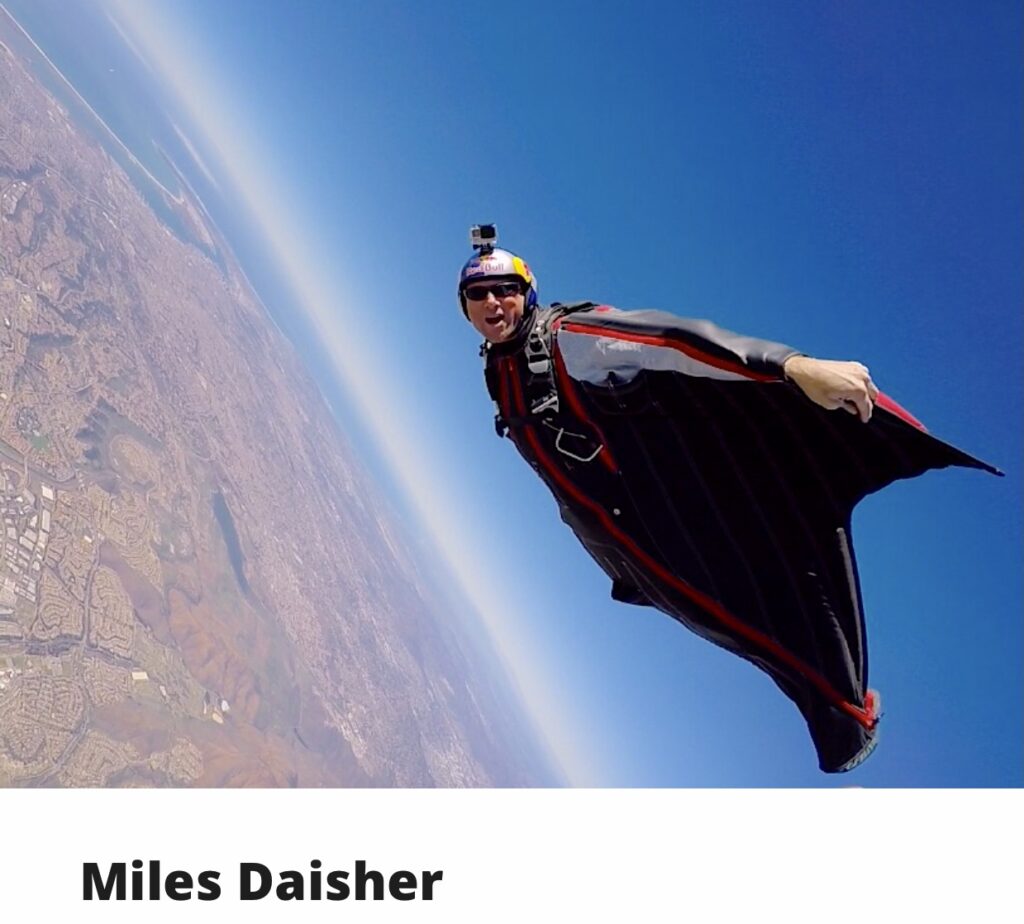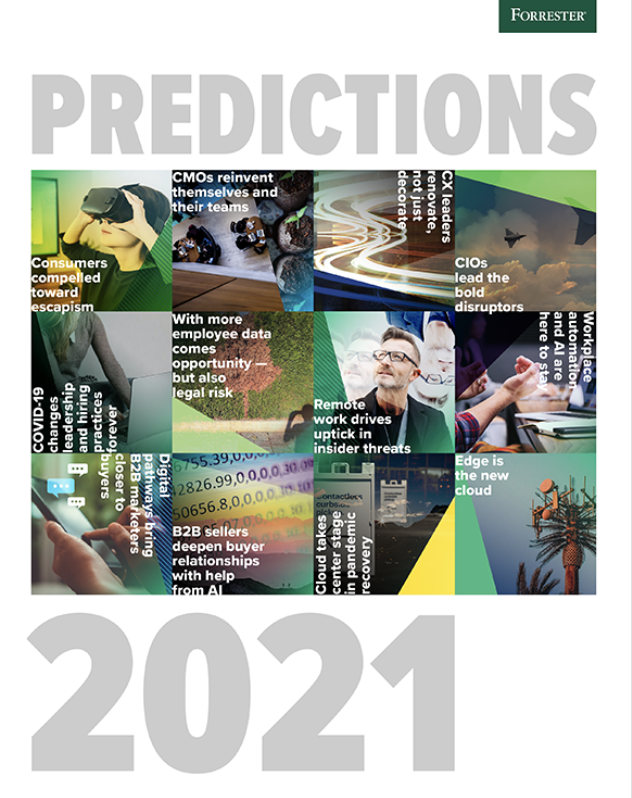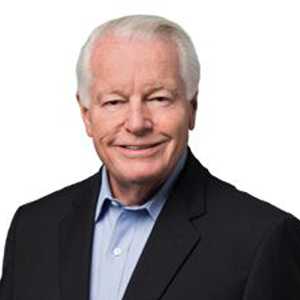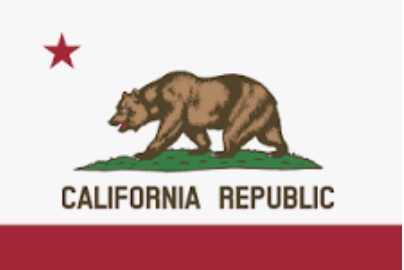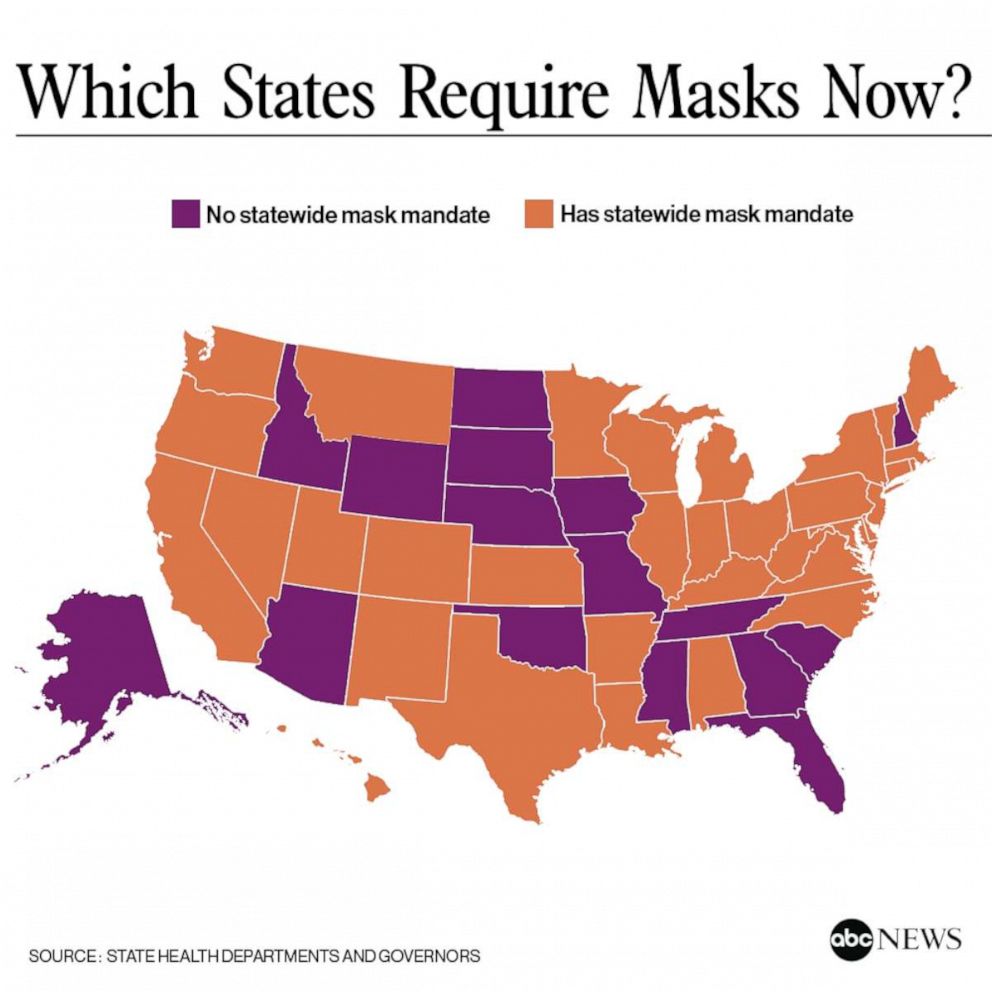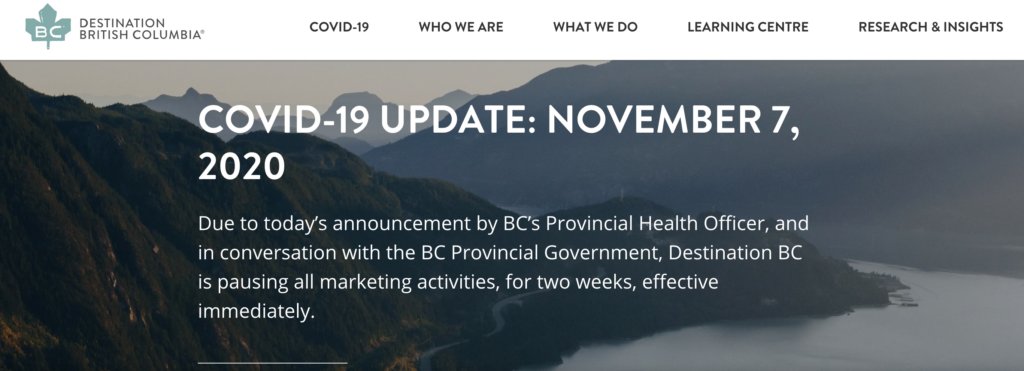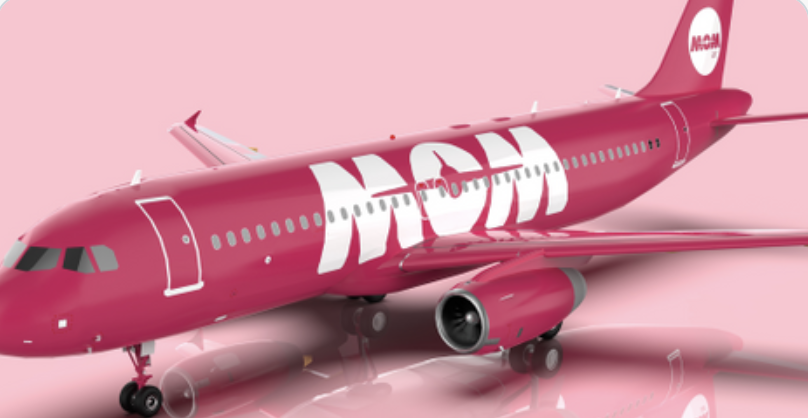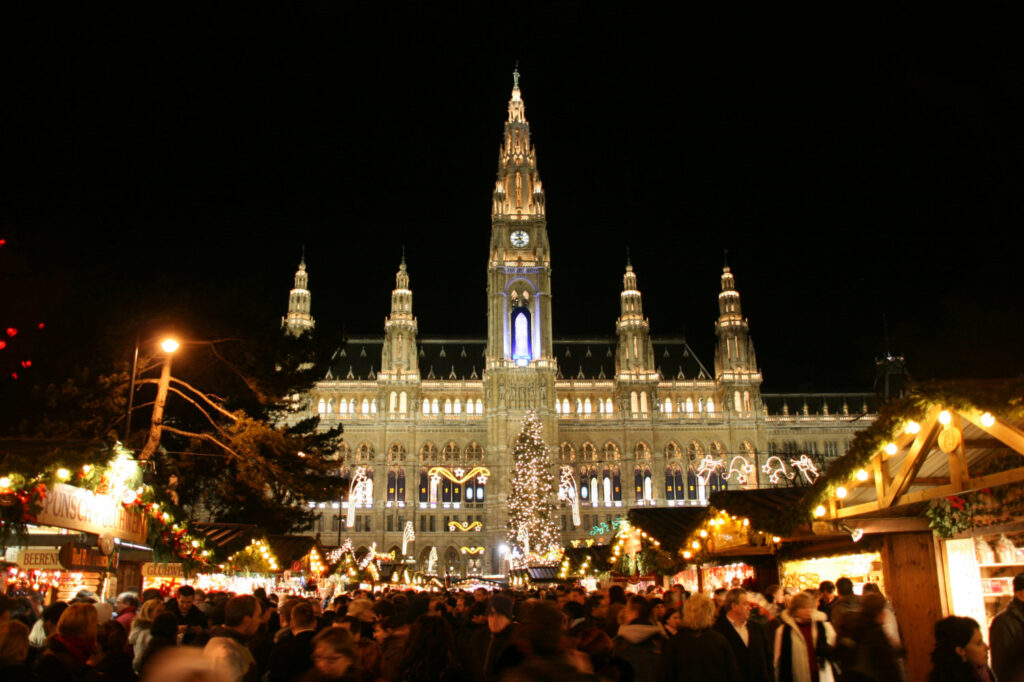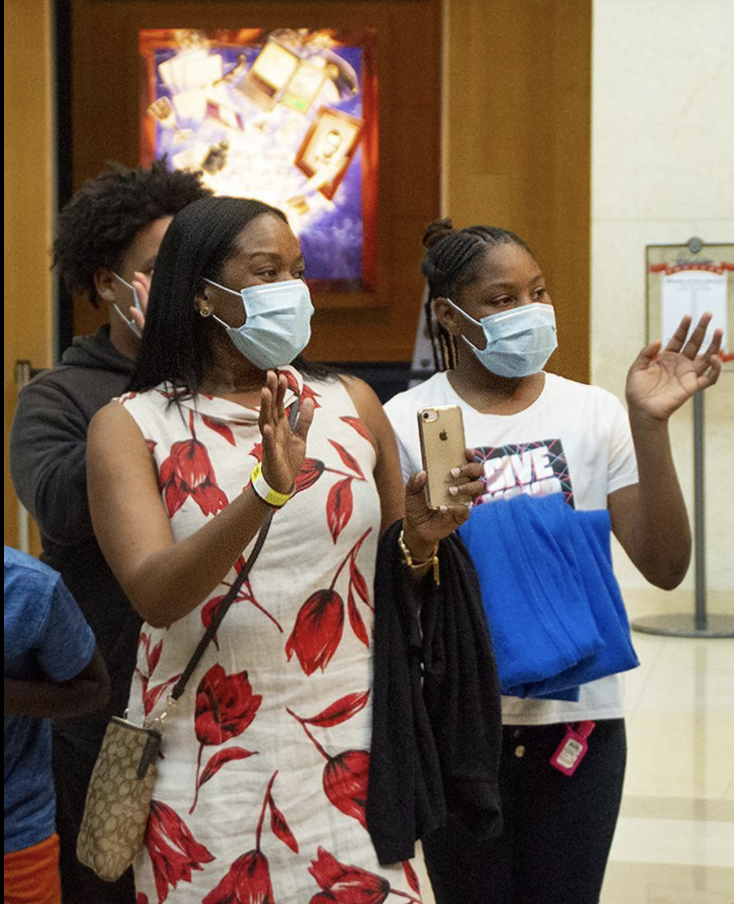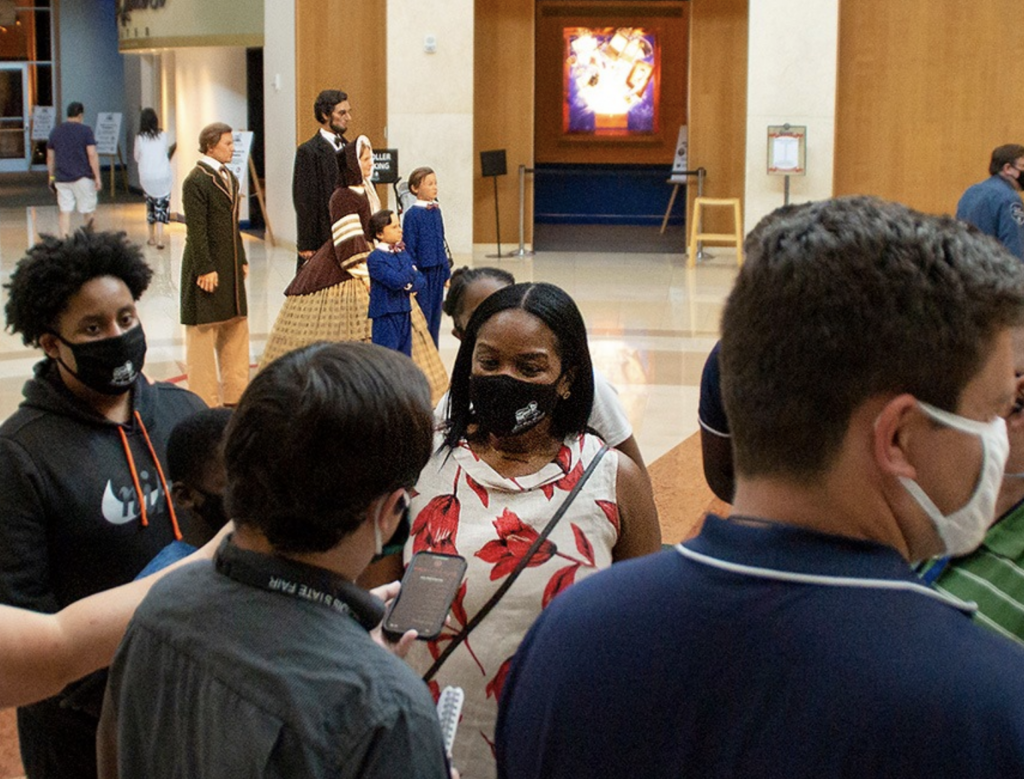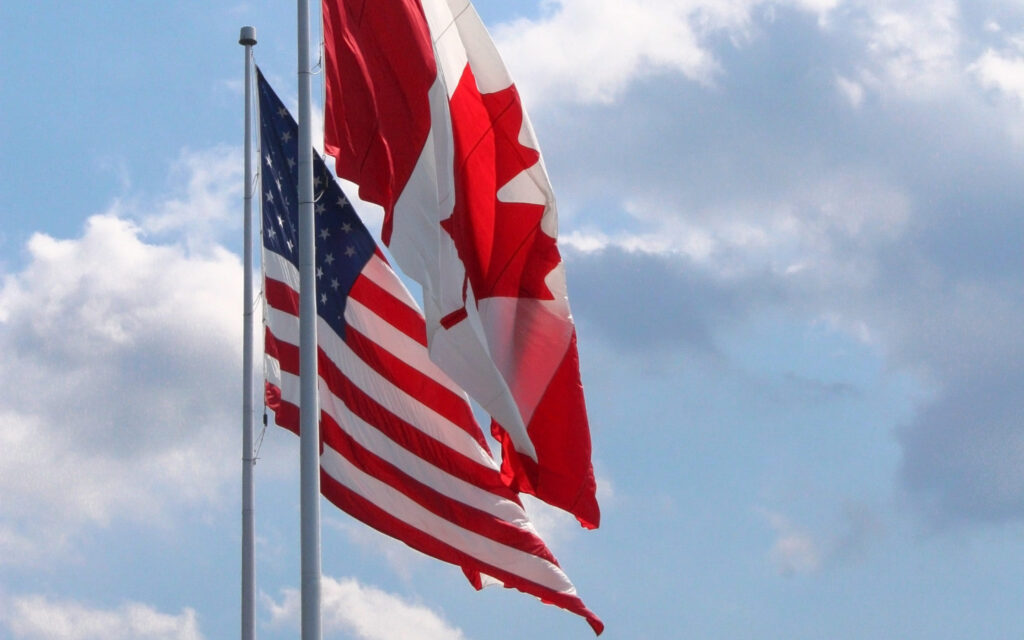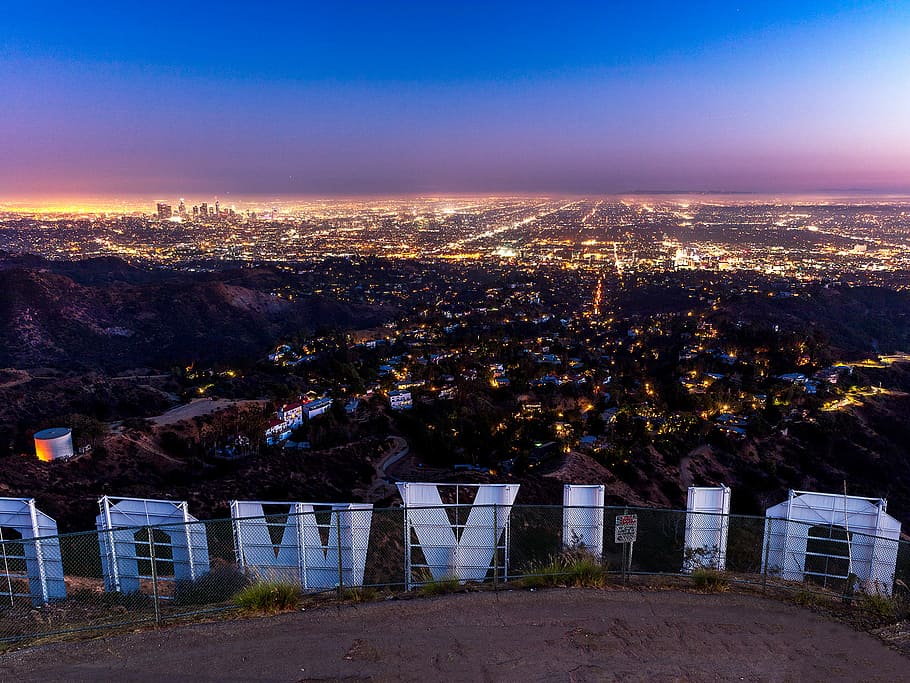California is planning to fully reopen on June 15, and that’s big news for the entire nation. With a GDP of $3.2 trillion in 2020, California represents 14.6% of the total U.S. economy. In fact, California’s economy is so big that it would slot in as the world’s fifth largest economy, more productive than India or the United Kingdom.
First in the nation to impose a stay-at-home order on March 19, 2020, California has had one of the tightest and longest Covid-related lockdowns, with guidelines in some counties only somewhat eased during the course of more than one year.
On the travel side, the state updated its travel advisory on April 1, lifting a recommendation that Californians not travel more than 120 miles from home. Residents and visitors are still subject to state and federal travel restrictions, and nonessential trips beyond state borders remain discouraged.
Mask mandates and social distancing recommendations remain in place as well as stipulations regarding meetings and conventions:
- Unless testing or vaccination status is verified for all attendees, conventions will be capped at 5,000 persons until October 1.
- International convention attendees will only be allowed if fully vaccinated.
“We do have concerns about the new guidance’s mandate that international convention attendees be vaccinated. While the travel industry strongly encourages everyone to be vaccinated as the most effective path to a full economic reopening, a vaccination should not be a requirement to travel—and is unnecessary in this case because of the CDC’s current mandate that international visitors have a negative COVID test.” — U.S. Travel Association
California’s road to reopening has been a dizzying one with plenty of slippery slopes and political intrigue. The Los Angeles Times tracked decisions throughout the state’s 58 counties from March 2020 to March 2021, building a database of every change that affected businesses (restaurants, retail, gyms, hair and nail salons).
A typical business owner faced seven rule changes as public health departments made more than 2,000 rule changes statewide.
Meantime in LA, they’re making strides in erasing confusion. The Los Angeles Tourism & Convention Board just announced an initiative powered by digital health company Sharecare and Forbes Travel Guide to verify the health security of all hotels with 50 or more rooms in the entire city. By making health security verification a universal standard across this category of hotels, Los Angeles is set to become the first Sharecare VERIFIED™ destination in the U.S.
“Our strategic partnership with Sharecare allows visitors, planners and hospitality employees alike to feel confident in our hotel community’s commitment to their health and safety,” said Adam Burke, President & CEO for Los Angeles Tourism.
The verification process for each hotel covers more than 360 standards across health and hygiene protocols, cleaning products and procedures, ventilation, physical distancing, the guest experience, and health safety communication with guests and employees. Hotels also are required to verify their health protocols on an ongoing basis to ensure continued compliance with the most up-to-date health standards.

Mayor Thomas M. McGee of Lynn, Mass., described parts of last year as “a blur,” reports The New York Times in coverage about mayors feeling burnout from the pandemic. A Boston University think tank, Initiative on Cities, released its 2020 annual survey of U.S. mayors, a unique report that provides collective perspectives and insights — while oddly missing out any discussion of tourism (!)
See “Covid-19 Recovery and the Future of Cities,” in which (130 responses from mayors in cities of over 75,000 population during July/August 2020) many mayors expressed deep personal and professional anxiety about the effects of:
- lost tax revenue due to Covid closures
- concerns about schools, mass transit, arts & culture
- the look and feel of downtown
- conflicts over policing and racial justice
- overall pandemic fatigue, juggling economic recovery with safety & health
A sample page from the report’s feedback from U.S. mayors appears to be missing tourism as an important factor in their city’s recovery:
Mayor Grover C. Robinson IV, of Pensacola, Fla., said he decided not to run out of frustration with the politicized reaction to health directives, after returning from a vacation and attending yet another contentious meeting. Similar explanations have come from the mayors of Highland, Ill., Pascagoula, Miss., and Seattle, among others. — The New York Times
